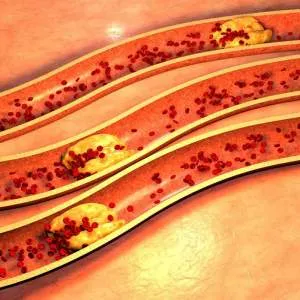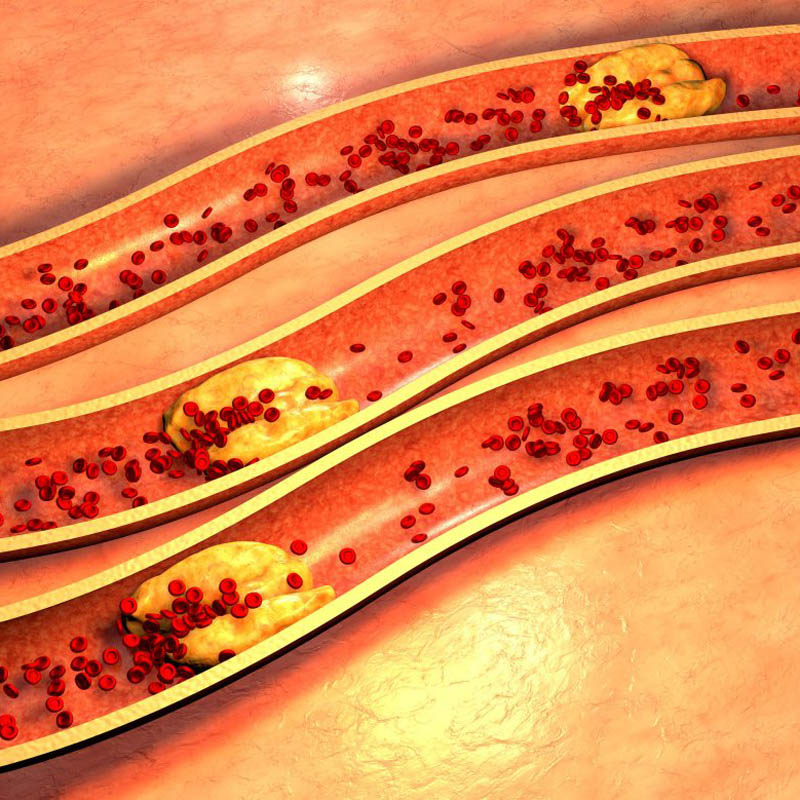
Effects of High Cholesterol On the Body
High cholesterol typically results from unhealthy eating on a consistent basis. Once you begin to suffer from high cholesterol, there are many ways that it can affect your body. In most instances, high cholesterol will affect the digestive and circulatory systems. When it comes to the digestive system, high cholesterol can mess with the bile levels within your body and create gallstones. A high cholesterol buildup within your arteries can also lead to a reduction in blood flow to your stomach and kidneys. Intestinal Ischemic Syndrome is a condition that is caused by a buildup within the arteries that lead to the bowels or intestines.
While your digestive system can suffer from a number of issues due to high cholesterol, the majority of effects will occur within your circulatory system. High amounts of cholesterol can clog up your coronary arteries, which makes it much more difficult for blood to flow freely to the heart. This opens you up to plaque building up and creating what is known as a blood clot. When this happens, your blood flow in that particular artery will be stopped completely and likely cause a rather sizable heart attack.
Symptoms of reduced blood flow to the heart include pain, chest discomfort and pressure in the surrounding area. If blood flow has completely stopped to a portion of the heart, a heart attack will inevitably follow. If this happens, the issue needs to be treated as quickly as possible. Otherwise, the risk of major heart damage or even death increase dramatically.
These same circulatory arteries also carry blood to the brain. Just like the heart, when the arteries are clogged due to high cholesterol, blood flow is reduced by a considerable amount. When this occurs, your brain is deprived of the oxygen it needs to function properly. The cells within your brain will become damaged and die in just a short amount of time, which typically results in a stroke. The symptoms you begin to suffer from once this happens all depends on the area of the brain that is affected. These symptoms can range anywhere from issues with seeing and speaking to difficulties moving your limbs. The stroke that results from this bout of high cholesterol can lead to permanent brain damage, a disability to a portion of your body and death. If the blood flow to your arms and legs is reduced because of high cholesterol, such symptoms as numbness, pain and infection are possible.
